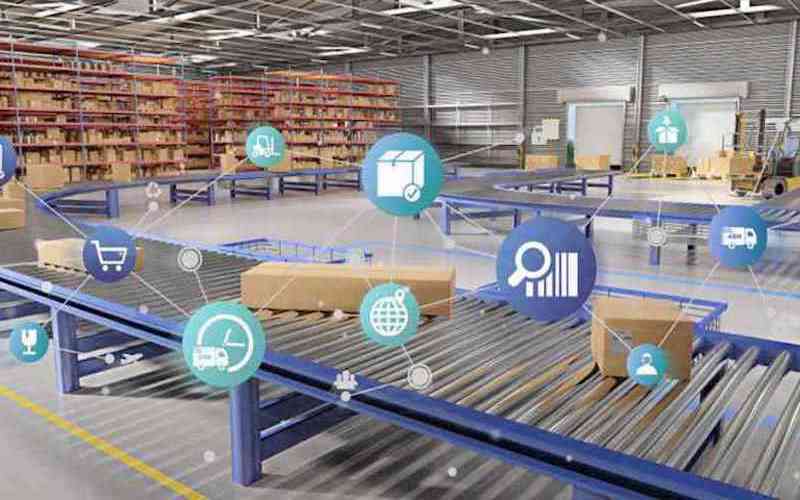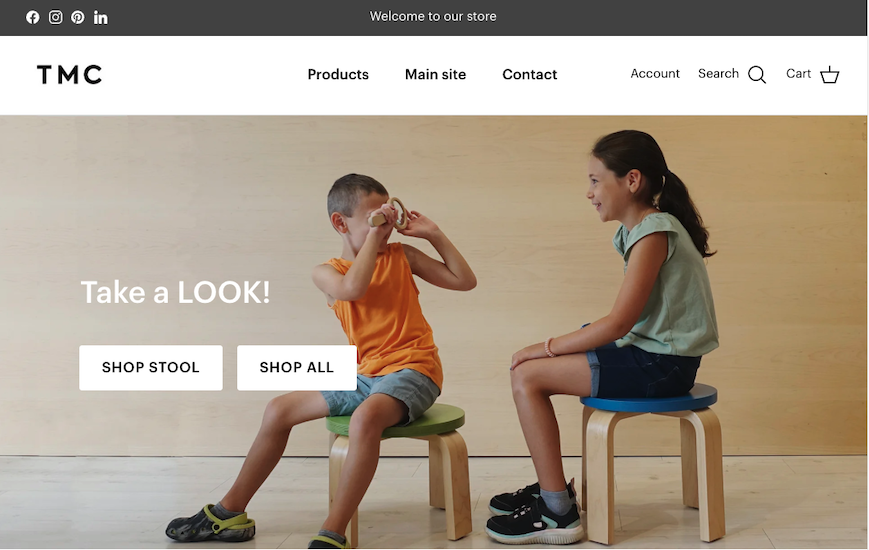As part of its B2B Channel Partners Report, DC360 interviewed Human Element Managing Partner, Jason Magee, regarding how manufacturers and distributors can build partnerships that benefit both parties. Click here to get the full report.

Collaboration is critical to success for B2B companies operating in today’s B2B eCommerce environment. As many manufacturers and distributors struggle with limited resources and time, partnerships among them coupled with effective communication can allow these businesses to go to market faster, provide better content, and offer better service. To discuss how manufacturer and distributor collaboration can help companies delight customers and move forward together, Digital Commerce 360 B2B spoke with Jason Magee, managing partner at Human Element.
How does manufacturer-distributor collaboration help B2B companies win more business?
If your distributors sell more of your product, you sell more of your product. It’s in everyone’s best interest to collaborate and communicate as much as possible.
What challenges do manufacturers and distributors face when trying to collaborate?
It comes down to communication, coordination and data sharing. For manufacturers, having product data and web-ready assets available and easily shareable with distributors is key. It allows the distributors to focus on moving products instead of having to create the content themselves, which is time-consuming. While it doesn’t allow distributors to differentiate themselves from each other, they can still do that. Having baseline, accessible information and assets through an API or a standardized file format can reduce the barrier to entry significantly.
How can they overcome these challenges?
They need to talk with each other about the challenges and work through them. If accessible data is an issue, decide and execute a universal format or methodology for sharing inventory, critical product data, and assets. Automating any of these data-sharing methods and making the data more consumable can speed up the process.
What does a successful collaboration look like?
Manufacturers and distributors should have regular check-ins to discuss what is working and what is not. The end of the value chain, where the end users can purchase, is always iterating and improving because of the number of eyes and scrutiny they receive. They should give an elevated level of iteration and visibility to processes and relationships earlier in the chain — and, in this case, how the overall technical and operational transactions occur between the manufacturer and their distributors.
How can manufacturers and distributors begin to foster these collaborations?
They could partner with a B2B eCommerce company, such as Human Element, that focuses on building human-centered digital experiences. We can help B2B companies to initiate and facilitate these conversations and create actionable plans, whether from a technical or operational process standpoint. These could include a phased rollout plan and roadmap to stair-step integrations and data sharing, such as automating key product data imports and categorization. Identifying opportunities for improved collaboration and communication should be a part of the way every business operates.
“Always look for a better way” is one of our core values. It completely applies to collaboration between manufacturers and distributors in the overall B2B eCommerce value chain. Improve process and integration. Automate what you can and move on to the next opportunity.
If you’d like to learn more about how manufacturers and distributors can work together to improve the commerce experience, reach out to us.



